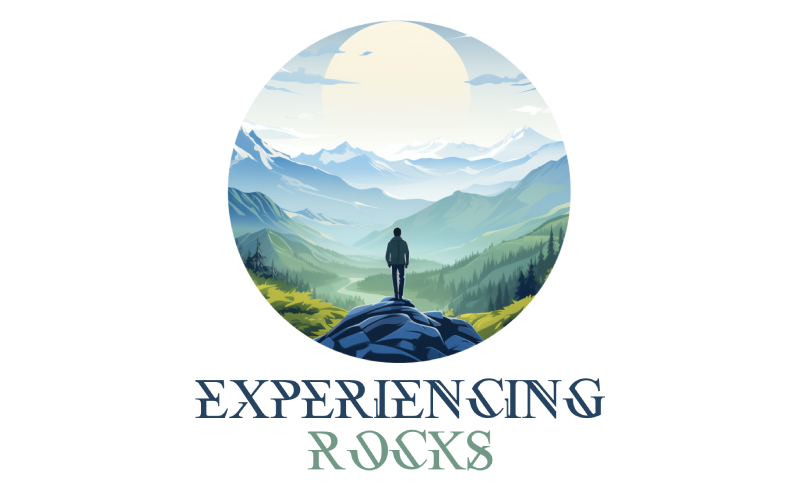Hunting, a practice as old as humanity itself, has been passed down through generations, forging deep connections between family members and nature. It’s more than a hobby or sport; it’s a tradition that embodies skills, values, and experiences shared across generations. This passing of knowledge and passion from grandparents to parents to children serves as a vital thread in the fabric of many families, creating a rich tapestry of memories and lessons learned. In this exploration of hunting as a tradition, we delve into how this ancient practice continues to bond generations, the values it instills, and the importance of preserving these experiences for future generations.
The Role of Hunting in Family Heritage
A Shared Passion
Hunting brings family members together, offering a unique platform for bonding and learning. Stories, techniques, and values are shared in the quiet anticipation of a hunt, forging strong familial ties.
Cultural and Historical Significance
For many, hunting is deeply rooted in cultural and familial history. It’s a way to connect with ancestors and keep alive the traditions that shaped their family’s identity.
Passing Down Skills and Knowledge
Teaching and Learning
Experienced hunters pass on skills such as tracking, shooting, and wildlife knowledge. This transfer of knowledge is crucial in keeping the hunting tradition alive and relevant.
Values and Ethics
Hunting instills values like patience, respect for nature, and responsibility. It teaches the importance of conservation, ethical hunting practices, and appreciation for the natural world.
Creating Lasting Memories and Stories
Shared Experiences
The experiences shared while hunting create lasting memories. Whether it’s a child’s first hunt or a quiet morning spent in the company of family, these moments become stories that are retold and cherished.
Legacy of Tales and Triumphs
Every family with a hunting tradition has a collection of tales. These stories, filled with triumphs, challenges, and sometimes humor, become a cherished part of a family’s history.
Hunting in the Modern World
Adapting to Change
As the world changes, so does the practice of hunting. Modern families balance tradition with new technologies and evolving attitudes towards wildlife and conservation.
Inclusivity in Tradition
Today, hunting is not just a male-dominated activity. Families are increasingly inclusive, encouraging participation from all members, regardless of gender, in this age-old tradition.
The Importance of Conservation
Sustainability and Respect
Responsible hunters teach the importance of conservation, ensuring that wildlife populations are sustainable and habitats are preserved for future generations.
Role as Conservationists
Hunters often play a critical role in conservation efforts. License fees and taxes fund wildlife management and habitat preservation, demonstrating how hunting traditions contribute to ecological balance.
Conclusion
Hunting as a tradition is more than the act of hunting itself; it is about the bonds formed, the respect for nature fostered, and the heritage preserved. As these traditions are passed from one generation to the next, they evolve yet hold fast to the core values and experiences that define them. In a world where modern life can disconnect us from nature and each other, hunting remains a powerful way to reconnect and share in the beauty of the natural world. It’s a legacy that, when embraced with respect and responsibility, offers invaluable lessons and memories for generations to come, ensuring that the spirit of the hunt lives on in harmony with the environment and our place within it.

